Our Location
CNC machining techniques have been widely used in the aerospace industry for a long time. The precision required for aircraft components is crucial, particularly for safety applications. Enze machine can produce the perfect part for aircraft components, meeting these strict requirements. Moreover, we offer a wide range of compatible materials for CNC engineering.
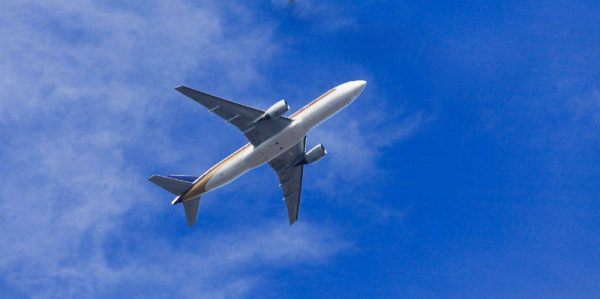
Aircraft and spacecraft have specific performance requirements, which demand raw materials with certain characteristics such as lightweight, corrosion resistance, stress cracking resistance, and easy coating. The aerospace machine shop commonly uses custom aluminum parts, stainless steel, titanium machining alloy, magnesium alloy, carbon fiber, and other composite materials for machined aerospace parts. All these materials undergo spectrometer testing before being used.
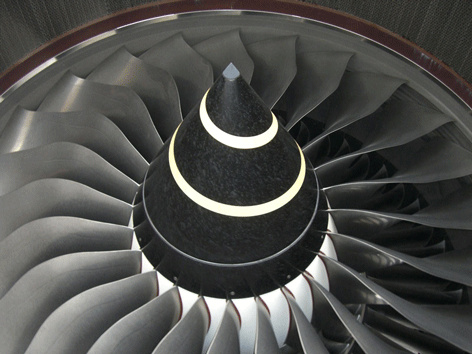
Precision CNC machining of aerospace parts with various surface finishes. Enze provides customers with various services, including drawing review, CNC machining, surface treatment, and assembly. We are well-versed in various surface finishes, such as powder coating, anodizing, painting, electroplating, polishing, and more.
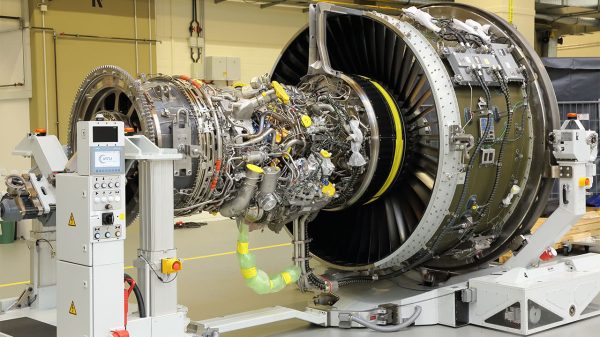
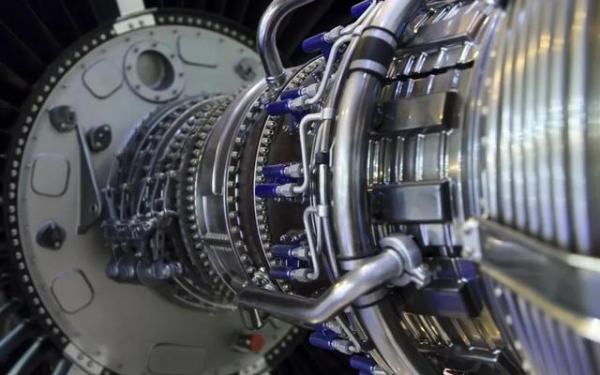
Enze is committed to providing safe and dependable precision hardware for aerospace engineers worldwide. We comprehensively understand high-performance materials, such as titanium, stainless steel, unique alloys, and high-temperature plastics. We have exported many aerospace parts and components and have been recognized by our customers as one of the leading quality parts manufacturers.
View Our Certificate Here
CNC rapid prototyping is cost-effective for aerospace companies as it eliminates the need for mold investment.
High-performance, lightweight metals and plastics that meet aerospace fire-retardant regulations are available. These materials are solid and durable, making them ideal for aerospace applications.
Design and manufacture aerospace prototypes and parts based on customer requirements with CNC machining technology.
Precision CNC machining enables aerospace companies to manufacture components to exact specifications and deliver tolerances as small as 4μm.
Hundreds of CNC machines designed for aerospace products can withstand mass production.
CNC machines require trained professionals to operate safely and minimize the risk of accidents for aerospace products manufacturing.
Overall, CNC machining is a reliable and efficient method for producing precise aerospace parts that adhere to industry standards.
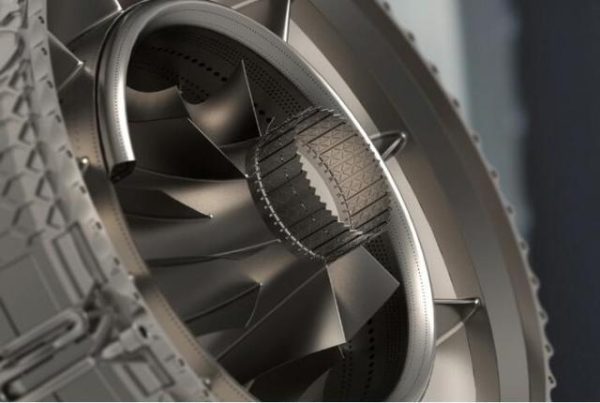
Aerospace CNC machining is a computerized manufacturing process that uses pre-programmed code and software to produce and maintain aircraft and space parts. It is widely used in many industries, but The aerospace industry is highly sensitive and demands zero room for error. CNC machines provide consistent precision and accuracy, regardless of the quantity produced.
CNC machining accuracy for aerospace parts varies based on machine type, part complexity, and desired tolerance. Modern CNC machines can achieve tolerances within a few thousandths of an inch. To achieve high accuracy, CNC machines use precision tools and advanced software. CMMs help verify accuracy. CNC machining is crucial for aerospace parts to fit and function perfectly in aircraft and spacecraft systems.
Aerospace parts require specific materials for strength and durability, tight tolerances, and complex geometries that need advanced machining techniques. Quality control is essential for safety and can add to the overall cost. Regulatory compliance is necessary for certification. Experienced manufacturers can handle these challenges and ensure aerospace parts meet the required standards of quality, precision and safety.
CNC machines can produce high-quality parts, but several factors can cause dimensional inaccuracies, surface roughness, burrs and sharp edges, material defects, and machining marks. These defects can affect the part’s appearance or functionality and pose safety hazards during assembly or handling.
To minimize these issues, CNC machining processes are carefully monitored and controlled. Advanced metrology techniques such as CMMs are used to verify the dimensional accuracy of the parts. In contrast, quality control measures such as inspection and testing are employed to ensure that parts meet the strict quality standards required for aerospace applications.
CNC machines require calibration, tool selection and maintenance, material selection, inspection techniques, and programming/process control to achieve precise and consistent tolerances for aerospace parts.
CNC machining can consistently achieve precise tolerances for aerospace parts by using advanced techniques.
Inspecting CNC machined aerospace parts involves visual and dimensional inspection, non-destructive testing, material testing, and performance testing to ensure quality and functionality.
CNC-machined aerospace parts inspection and testing methods vary based on the type and customer requirements. A comprehensive quality control program is essential for manufacturers to meet safety and quality standards.
CNC machining is widely used in aerospace for oxygen generation parts, electrical connectors, valve components, and shafts. It is also used for motion controls, cabin parts, fuselage components, wing ribs, landing gear components, actuators, and engine housings.

